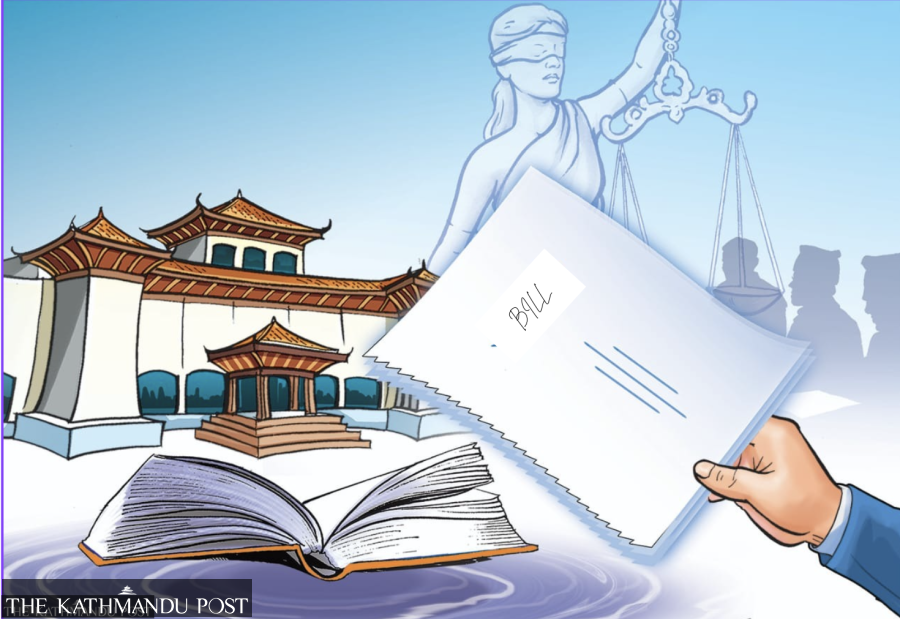Politics
Government to ditch disputed land ordinance, bring bill instead
As the ordinance is unlikely to be passed by the March 28 constitutional deadline, ruling parties decided to withdraw it, says Congress leader.
Post Report
The ruling parties have decided to withdraw the disputed land-related ordinance. The decision was made during a meeting of the ruling coalition held at Baluwatar on Wednesday.
Among the six ordinances promulgated by the current government, the Janata Samajbadi Party, whose support is crucial for passing the ordinances from Parliament, had opposed the land-related ordinance over its controversial provisions. Other five ordinances were presented in the House of Representatives and the National Assembly for approval. JSP is a member of the Congress-UML governing coalition.
The ordinance envisioned providing free ownership to landless Dalits and squatters who have built houses and lived on public land for a long time. The ordinance also has provisions to grant land ownership to squatters by charging prescribed fees. JSP argues that the disputed ordinance would open legal avenues for arbitrary distribution of public land, threaten national forests and lead to environmental degradation. It vehemently opposed the ordinance stating that destruction of the Chure region would eventually threaten lives and livelihoods in the Madhesh region.
After Wednesday’s meeting, the chief whip of the Nepali Congress, Shyam Ghimire, explained that there is a legal provision requiring the land-related ordinance to be ratified by March 28, but as it is unlikely to be endorsed by the deadline, the government decided to withdraw it.
He also stated that the land-related ordinance will be withdrawn and introduced in the House as a regular bill by incorporating the JSP’s concerns.
He further said, "The discussion was focused on the land-related ordinance. It was not in a position to move forward in its current form. There is a legal requirement that it must be ratified by March 28, presenting it as an ordinance was no longer an option. The question was how to proceed. We have decided to introduce it as a regular bill by addressing the concerns of other ruling parties."




 9.83°C Kathmandu
9.83°C Kathmandu













